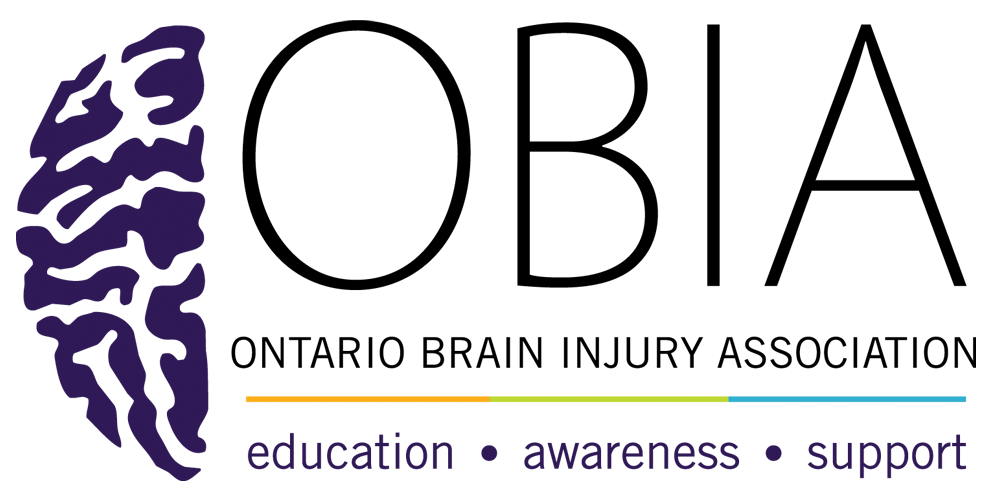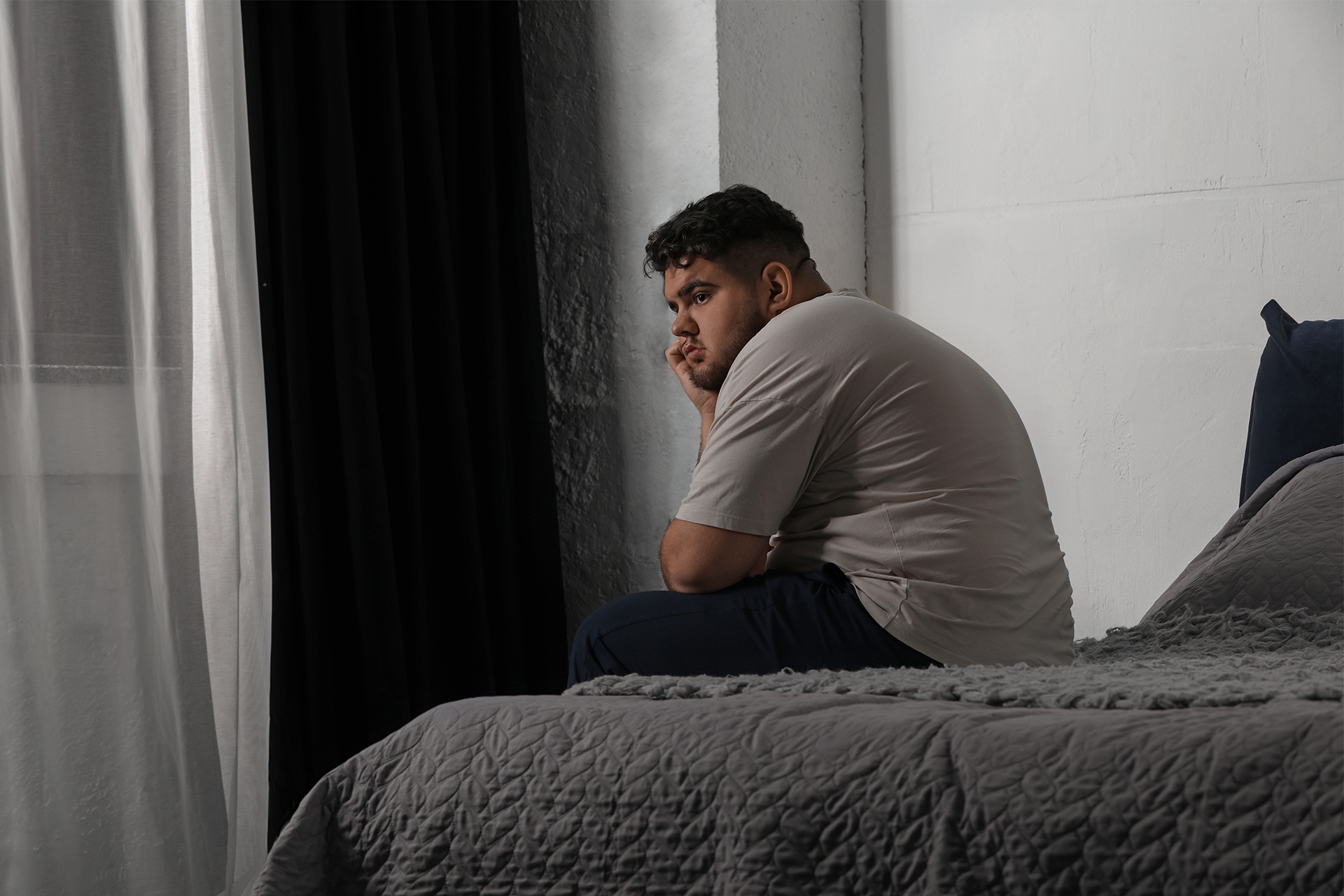Quick Facts
-
- Sleep disturbances are found in people with all severities of brain injuries and may include:
- Insomnia, delayed sleep phase syndrome, sleep apnea
- Excessive daytime drowsiness
- Restless leg syndrome
- Sleep disturbances are found in people with all severities of brain injuries and may include:
What does it
look like?
- Sleeping a lot more or a lot less than 8 hours per night
- Difficulty falling asleep, staying asleep, or waking up early
- Irregular breathing or snoring during sleep
- Tired and irritable during the day
Possible Causes and Complications
Possible causes:
- Physical and chemical changes in the brain
- Changes in the person’s ability to control their breathing
- Napping and a lack of exercise
- Pain
- Depression
- Side effect of medication, alcohol, nicotine, and caffeine
Possible complications:
- Increase in fatigue during the day which may exacerbate symptoms
What can we do?
-
- Establish a regular bedtime routine
- Create a healthy sleep environment by keeping noise and light to a minimum and the room cool and uncluttered
- Reduce screen time before bed (i.e. TV, iPad, computer, and smartphone)
- Spend time outside in natural light and exercise daily as tolerated
- Avoid big meals, caffeine, nicotine, and alcohol before bed
- Take short rests during the day (no more than 30 min and earlier in the day)
- Use relaxation techniques to calm the body and mind (e.g. mindfulness, or a warm bath)
Disclaimer: This information is not meant to replace advice from a medical doctor. Consult a health care provider regarding specific medical concerns or treatment.

